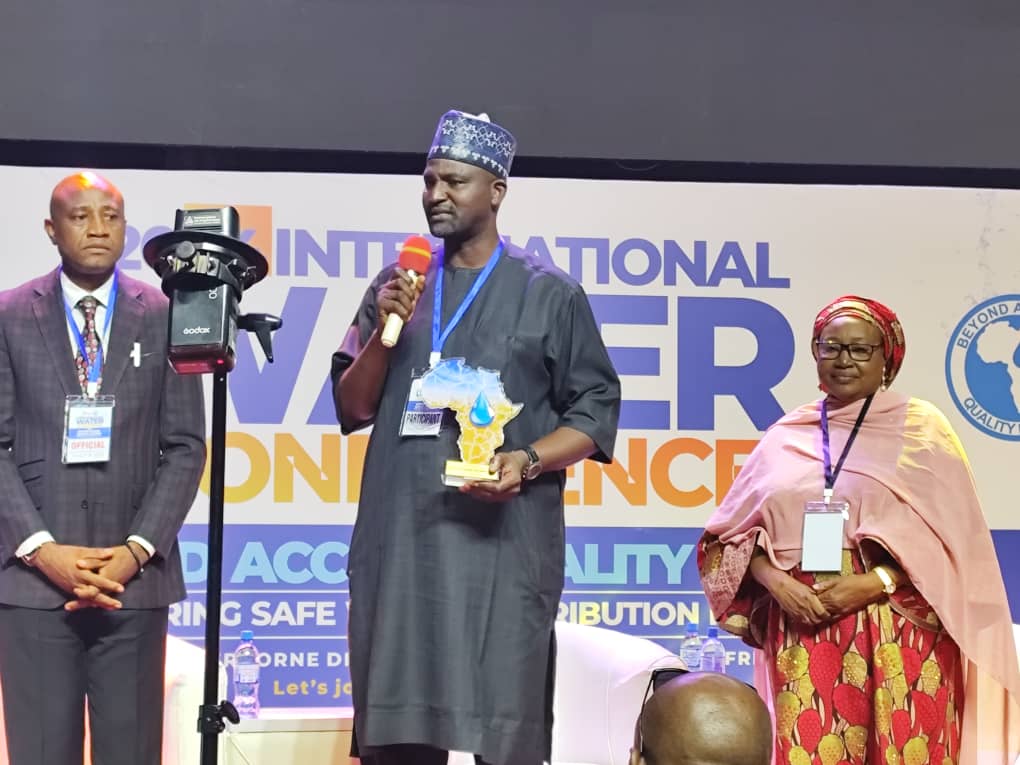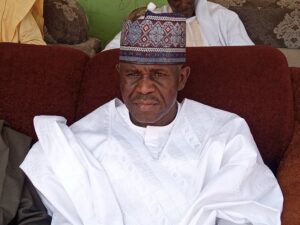Nigeria Mobilizes Resources to Combat Severe Malnutrition Crisis – Health Minister

Minister of health Muhammad Ali Pate said Nigeria is facing a significant malnutrition crisis, placing it among the countries with the highest burden of malnutrition globally. This crisis is particularly acute in the northwest and northeast, though no region is completely unaffected.
The factors contributing to this dire situation are numerous and complex. Years of governance challenges, high dependency ratios amidst widespread poverty, ongoing (though improving) insecurity, the adverse effects of climate change on agriculture and food systems, poor feeding practices, and the socio-economic disempowerment of girls and women all play a role.
Recent reports from UNICEF indicate that around 2 million children in Nigeria suffer from severe acute malnutrition (#SAM), with 40% of these cases concentrated in six states. Additionally, over 6 million children are moderately malnourished, and many pregnant and lactating women are affected by micronutrient deficiencies.
In alignment with the Renewed Hope Agenda of President Bola Ahmed Tinubu (@officialABAT), we are addressing this crisis head-on. Combating malnutrition is not only a moral imperative but also critical for enhancing health outcomes and ensuring sustainable national development.
Today, we convened an inter-ministerial and multi-partner meeting to evaluate ongoing efforts to effectively tackle this crisis. We acknowledge the vital contributions of @UNICEF, @MSF, the @WorldBank, @WFP, @RESCUEorg, BMGF @gatesfoundation, @fhi360, and other partners who joined our government colleagues. We are optimistic about the immediate unlocking of $30 million from the World Bank’s #ANRIN project and a potential 1:1 match from the Child Nutrition Fund.
We have established a ministerial task force tasked with developing a realistic yet ambitious action plan. This plan will focus on immediate resource mobilization and practical actions to deliver solutions to those in need, particularly addressing the substantial burden on girls, women, and children.
Enhanced coordination and a strong bias for action are crucial. We will monitor progress and ensure accountability in deploying urgent interventions, including the distribution of micronutrient powders, therapeutic foods, and other nutritional supplements.
We are committed to harnessing local production of therapeutic foods and implementing community-based interventions, strengthening and expanding beyond the 1,192 treatment sites currently operational, mostly in primary healthcare centers.
We call on State Governments (@NIGERIAGOVNORS) to remain vigilant, complement the efforts of various agencies within their states, and provide additional resources to navigate this challenging phase. There is hope, and with the steady, courageous leadership of President Bola Ahmed Tinubu, GCFR, Nigeria will overcome this crisis.




